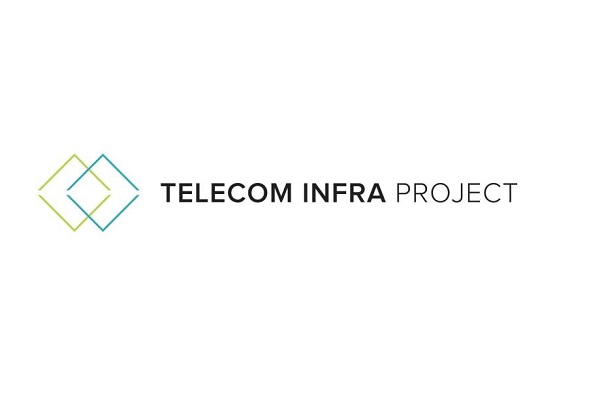The Facebook-led Telecoms Infrastructure Project has launched new initiatives into artificial intelligence and machine learning, as well as deploying low cost base station solutions into rural areas.
TIP, which was co-founded by Facebook, Deutsche Telekom, Intel, Nokia and SK Telecom, is holding a summit in California this week and used it to make a flurry of announcements.
Deutsche Telekom and Telefónica will co-chair a new Artificial Intelligence and Machine Learning group, aimed at seeing how the technology can spot and predict faults before they damage network performance.
Work will centre on three streams. The first is running machine learning based network operations, optimisation and planning. The second will explore how latency-critical services such as autonomous cars can be delivered by predicting customer behaviour.
The third will look at multi-vendor data exchange methods to make sure machine learning models can work across the industry.
Bruno Jacobfeuerborn, Chief Technology Officer Deutsche Telekom, said: “To keep pace with the growth in network size and traffic volume and service complexity, as well as the adoption of new services, autonomous vehicles, drones, AR/VR and more, requires new approaches for network operations and customer experience management.
“The application of machine-based decision-making and auto-remediation approaches will be key to enabling the accelerated deployment of these new services while supporting hyper traffic growth at a lower cost structure.”
Meanwhile, Vodafone and Telefónica are working on separate projects to see how Facebook’s open-source wireless access platform OpenCellular can be used to connect rural areas.
The latest version of OpenCellular’s hardware uses MIMO at 1800MHz and can support up to 128 active users. The OpenCellular group is working on bringing lower frequencies at 700MHz, 800MHz and 850MHz online.
Vodafone will work with MTN on trials in South Africa next year, before extending them to other African countries.
Santiago Tenorio, Group Head of Networks Strategy and Architecture at Vodafone, said: “Greater engagement in TIP will help us to implement faster the open and flexible network infrastructure that enables the industry as a whole to reduce the cost of providing telecoms services to our customers.
“The work with Facebook on OpenCellular will build on pilots of open radio access networks that Vodafone has previously done in India as part of our commitment to extend the benefits of mobile network coverage to communities living in the remotest parts of the world.”
Telefónica is using OpenCellular hardware with Facebook in Peru. The country’s varied terrain and high density urban areas will also show how the technology can be improved, the Spain-based company said.
The operator will combine its business intelligence tools with population density data sets using satellite imagery and census data to improve network planning.
David Del Val Latorre, Director of Product Innovation at Telefónica, said: “Telefónica’s mission is to create connections so people can enrich their lives and enable them to access a world of possibilities.
“This collaboration with Facebook and TIP is an example of how we can bring together technological, commercial and operational innovations to reduce the digital divide in remote and inaccessible areas of Latin America.”
The OpenCellular group within TIP has also built a newer low-power version of the technology, which is currently undergoing trials, as well as launching a grant programme to broaden its reach.
Other announcements include Vodafone co-chairing a new project group with Intel aimed at reducing the costs of building and deploying mobile networks, and opening the market up to smaller players.
Meanwhile, TIP’s vRAN Fronthaul group is starting work on commercial-grade, proof of concept deployments of multi-vendor architecture.
Details were scant but BT and Vodafone, which are co-chairing the group, said they wanted to overcome challenges such as a lack of low-cost remote radio units and multi-vendor solutions.
They said: “Open interfaces for the link between virtualised baseband units (vBBU) and the remote radio units (RRU) will be key for enabling multi-vendor vRAN solutions.”
The group has produced an open fronthaul interface that is being shared among operators, remote radio unit vendors, software integrators and equipment manufacturers.
Members companies will work on unbundling their own solutions, integration with those of other companies, and testing.
Additionally, BT will chair a new project group exploring end to end network slicing, developing use cases and finding solutions to overcome deployment difficulties.
Finally, BT, Telefónica and Vodafone are increasing their involvement in TIP with executives joining its board. Howard Watson, CEO of BT Technology, Service & Operations, Telefónica’s Del Val Latorre and Vodafone’s Tenorio join Aaron Berstein, Director of Community Ecosystem Programmes at Facebook as its newest members.


